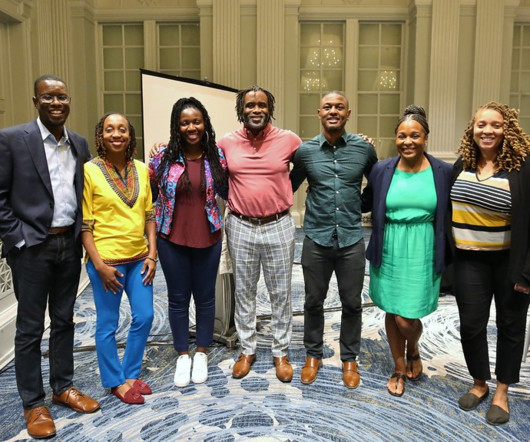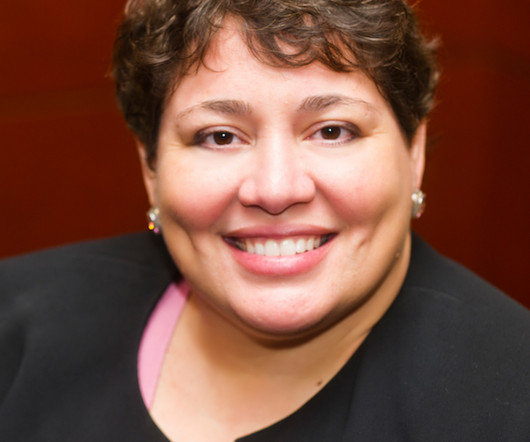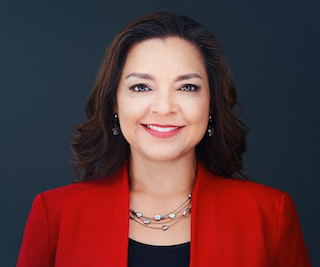Report Highlights Key Challenges and Support Needs for Early Career Faculty at MSIs
Diverse: Issues in Higher Education
OCTOBER 27, 2024
While MSIs play a key role in promoting faculty diversity by consistently employing more educators of color than other institutions, MSI faculty also face pressures, such as heavy teaching and advising loads, high expectations for research and publishing, and limited resources for career development.













Let's personalize your content